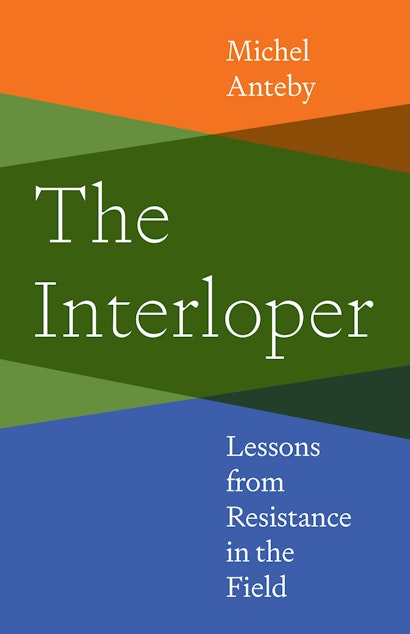Resistance is the bane of all field researchers, who are often viewed as interlopers when they enter a community and start asking questions. People obstruct investigations and hide evidence. They shelve complaints, silence dissent, and even forget their own past and deny having done so. How can we learn about a community when its members resist so strongly? The answer is that the resistance itself is sometimes the key.
Michel Anteby explains how community members often disclose more than intended when they close ranks and create obstacles. He draws insights from diverse stories of resistance by uncooperative participants—from Nazi rocket scientists and Harvard professors to Disney union busters and people who secure cadavers for medical school dissection—to reveal how field resistance manifests itself and how researchers can learn from it. He argues that many forms of resistance are retrospectively telling, and that these forms are the routine products, not by-products, of the field. That means that resistance mechanisms are not only indicative of something else happening; instead, they often are the very data points that can shed light on how participants make sense of their worlds.
An essential guide for ethnographers, sociologists, and all field researchers seeking access, The Interloper shares practical and theoretical insights into the value of having the door slammed in your face.
Michel Anteby is professor of management and organizations and (by courtesy) of sociology at Boston University. He is the author of Manufacturing Morals: The Values of Silence in Business School Education and Moral Gray Zones: Side Productions, Identity, and Regulation in an Aeronautic Plant (Princeton).
